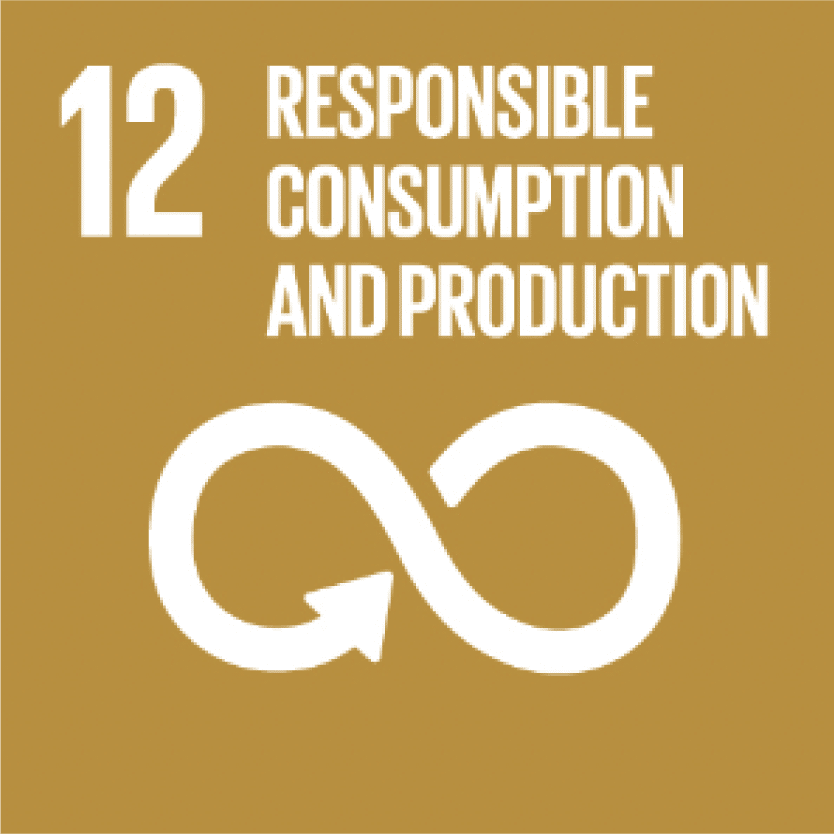Impact at scale
Transform landscapes, strengthen communities, and foster a sustainable future through the adoption of regenerative agriculture and the promotion of healthy soil.
Healthy soil, healthy life
The saying embodies the significance of soil for the well-being of all organisms on our planet. Soil functions as a dynamic ecosystem that generates sustenance, purifies water and air and fosters diverse forms of life. With our soil being under threat, we must take every possible measure to safeguard and rejuvenate it. By working with farmers to improve the health of their soil, we create impact at scale and get closer to ensuring that life on earth can survive and thrive!
Climate and Environment
Carbon sequestration:
Regenerative agriculture practices such as cover cropping, diversified crop rotations, reduced tillage, livestock integration and agroforestry can increase the amount of carbon stored in the soil. This helps to reduce the amount of carbon dioxide in the atmosphere and mitigate climate change.
Biodiversity:
Enhanced by creating suitable habitats for beneficial insects, birds, and other wildlife. This can help to restore ecosystem function and resilience.
Water conservation:
Soil water-holding capacity is improved, reducing the need for irrigation and promoting water conservation.
Reduced chemical inputs: Regenerative agriculture relies on natural inputs and reduces or eliminates the use of synthetic fertilisers and agrochemicals.
Social and Econmic
Health





By supporting regenerative agriculture, companies can help mitigate the impacts of climate change, promote biodiversity, and support local communities.
Global Climate Projects
View our portfolio of greenhouse gas reduction projects including nature-based solutions, renewable energy, social upliftment and much more.
